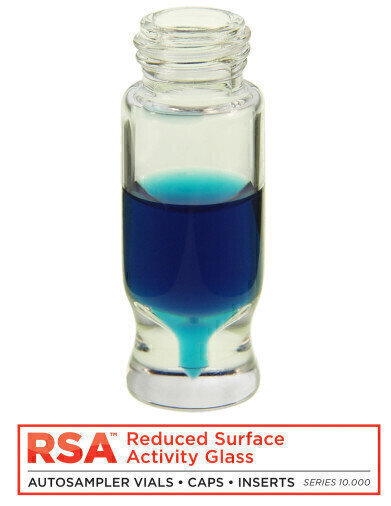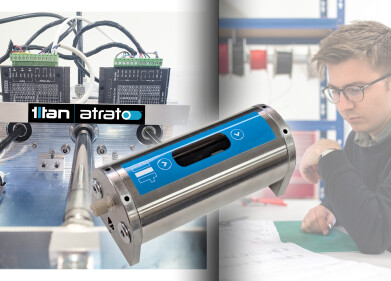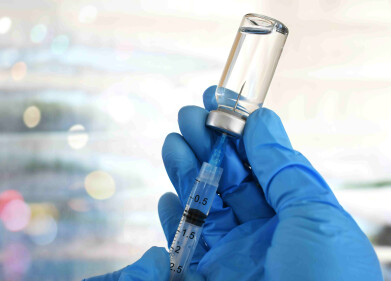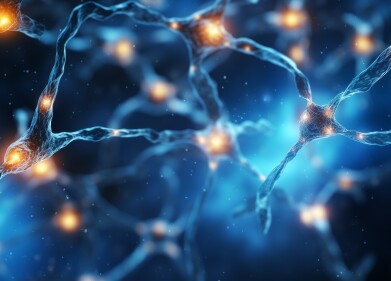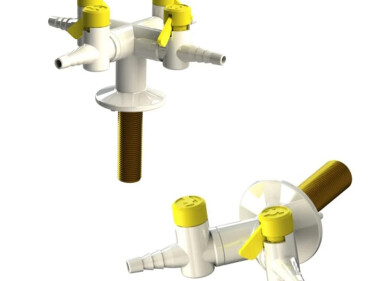Laboratory products
MicroSolv RSA™ Vials with Reduced Surface Activity Glass – Protect Your Data from Poor Reproducibility
Mar 07 2018
Ordinary borosilicate glass autosampler vials and inserts are often coated in residual contaminants and contain silanols. These can cause the adsorption of basic compounds, hydrolyse susceptible compounds making them undetectable, and change the sample pH by up to 30% over a 4-hour period! These interactions can be especially detrimental in LC-MS or for any samples that are pH sensitive, biological, basic, or in low abundance.
MicroSolv RSA™ vials, manufactured from Reduced Surface Activity glass, are the perfect solution for any lab aiming to protect their samples. RSA™ vials are made with precision heating that virtually eliminates all surface silanols and common metals that can interact with basic, biological, and low abundance compounds.
- Virtually no loss to the vial
- Prevent pH changes and sample hydrolysis in the vial
- Perfect for low abundance compounds, sensitive samples, and basic proteins
- No meniscus when water is used as a solvent
- Not coated – perfect for LC-MS and GC-MS for many applications
Comparisons of RSA™ vials against other leading autosampler vial brands show less than 1% of the sample is lost to the vial compared with up to 55%. Futhermore, pH drifted only 0.05 pH units after 4 hours compared with up to 1.5 vs competitor products.
Introduce RSA™ vials to your laboratory today and protect your data. Make your analysis more reliable, lot-to-lot, run-to-run, and day-to-day, and avoid the frustration of unreliable data.
For more information on RSA™ vials from MicroSolv, click here to email us.
Digital Edition
Lab Asia Dec 2025
December 2025
Chromatography Articles- Cutting-edge sample preparation tools help laboratories to stay ahead of the curveMass Spectrometry & Spectroscopy Articles- Unlocking the complexity of metabolomics: Pushi...
View all digital editions
Events
Jan 21 2026 Tokyo, Japan
Jan 28 2026 Tokyo, Japan
Jan 29 2026 New Delhi, India
Feb 07 2026 Boston, MA, USA
Asia Pharma Expo/Asia Lab Expo
Feb 12 2026 Dhaka, Bangladesh
